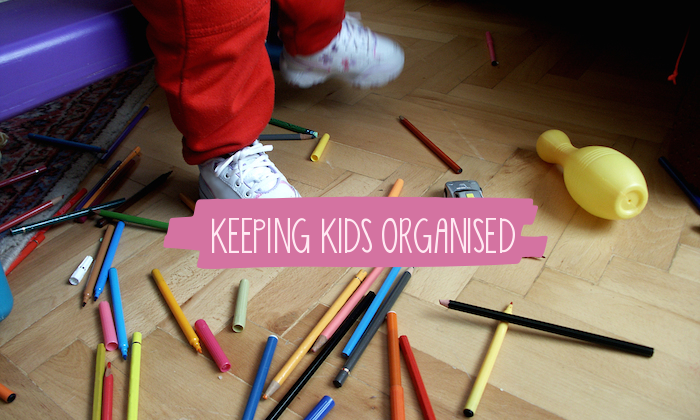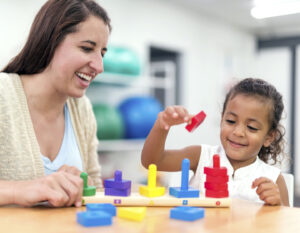

Strong academic performance in kids is largely dependent on strong organisational skills. Start helping your kids develop good habits now with these tips.
Swim practice, tutoring, sports, guitar lessons, a science project, homework …oh, and don’t forget to pack a lunch. Not surprisingly, staying organised is a problem for students in the majority of Hong Kong’s fast paced schools. To be a successful student today requires that a child must also know as much about organisation and time management as they know about their schoolwork. Many students who are struggling in school may have the same IQ as their peers but appear to be underachieving simply because they lack the strong organisational skills required.
Poor organisation seems to worsen as a child moves through school. In particular, when students’ environments and expectations suddenly change, such as at the onset of middle school, their struggles to stay organised increase somewhat drastically. Lacking skills to be an efficient learner, alongside an increasing need for independence, puts children at risk for several problems; for example, lost or late homework assignments; missing school materials, uniforms; procrastination when preparing for tests, and underachievement. Some studies have even shown that a child with poor organisational skills is more likely to be less intelligent and a bully toward their peers. Despite this, organizational skills are rarely taught or assessed directly and, as a result, students are left to develop them on their own.
Given that organizational skills and academic performance are so strongly connected, and the fact that medication cannot help to solve these problems, there is a need to teach this group of skills directly. And that’s the first tip on helping your child with their organization: teach them.
Six more ways to get your child organised:
- Show your child how to develop and maintain a school binder; use color codes for different subjects or alternating days; write down key passwords for their software. Show them how to organise their lockers; for example, tell them to tape a schedule to the inside of the door, and to make room for a set of extra supplies, including a clean P.E. outfit.
- Share an electronic calendar like iCal or Google Calendars, or try a homework app with them and check to see that necessary details and due dates are listed for all homework and tests.
- Break it down. For long-term projects and tests, create a plan that breaks them down into smaller, more manageable, sections and intermittent deadlines. Put these too in a calendar.
- Let them sleep. Research shows that simply increasing the quantity of sleep has major improvements on organizational skills and working memory. Naps count for all ages.
- Start over. Empty their book bags and binders with them at least once a week. Open their notebooks and look at how they are writing notes; i.e. are they legible, complete? Bin the crushed papers, look for materials that were sent home from the school, pull out the binder and start over.
- Get help. If you’re still not sure what to do, or how to do it, hire an academic coach. When trying to teach these skills, a coach would use techniques such as rehearsal (repeating it over and over), prompting (setting visual cues) and contingency management (you can play videogames after this calendar is completed). A coach might also teach your child to use a weekly rating scale as a way to gauge their progress toward reaching their study skills’ goals.
Like any new routine, this might take more patience than what’s available, especially at the onset. However, students who make it a point to be organised typically notice significant improvements in their GPA, especially in core classes. These skills not only improve a child’s academics; but they also have been proven to help with their behavior, thoughts and emotions, and support self-control.
 View All
View All











 View All
View All





 View All
View All


 View All
View All











